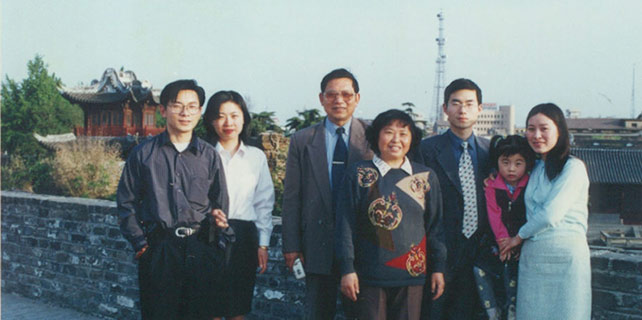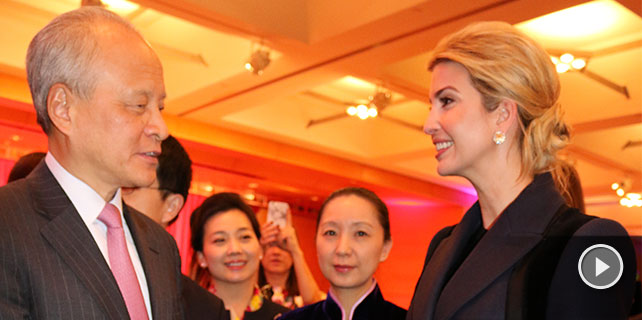Co-working space demand set to grow

The demand for more flexible office environments is expected to grow in the coming years as China continues its innovation and entrepreneurship drive, according to Steelcase Asia Pacific, a US-based global office environments manufacturer.
"More and more middle- and small-sized enterprises have been emerging in China in recent years as the country pushes toward entrepreneurship," said Uli Gwinner, president of Steelcase Asia Pacific.
"Compared with traditional companies, the enterprises in these co-working spaces, many of which are start-ups, have different requirements that need to be fulfilled," added Gwinner.
Steelcase Asia Pacific recently introduced Navi TeamIsland, a new desking system targeted at rapidly-growing organizations in China. According to the company, this new system's efficient and flexible design was created to promote the well-being of workers while enabling organizations to grow and support the new work behaviors of today.
According to the company's research which studied more than 1,000 enterprises in India and China, new work behaviors are emerging in the latter but work environments are not supporting these new work styles. As a result, employee well-being and engagement have been negatively impacted.
The report found that only 41 percent of workers in China believe their companies have a genuine interest in their well-being and concluded that this could be one of the main reasons why 26 percent of the respondents from China rate themselves to be highly or somewhat disengaged.
"There is an increase in local product development which is creating new demand for more creative, highly-skilled knowledge workers and changing the behaviors at work in China. The type of work people are doing in these markets is changing and this has great implications for the workplace," said Olivia Lee, Marketing Director of Steelcase Asia Pacific.
"When these new behaviors are not correctly supported, it often comes at the expense of employee well-being and engagement," added Lee.
Gwinner said that the ability for spontaneous innovation can be boosted by rethinking office space to cater to different working modes and encourage dynamic information delivery. He added that a work space that supports diversity and allows for collaborative activities in real-time can also help with the creation of innovative ideas.
Regus, the world's leading provider of flexible work spaces, said it has also been in contact with universities in China to determine what are the products that local start-ups and young entrepreneurs require.
In 2016, the multinational company introduced one of its brands, Kora, to China to tap into the burgeoning start-up scene. Kora is branded as a knowledge community that closely connects companies and entrepreneurs.
wanghongyi@chinadaily.com.cn















